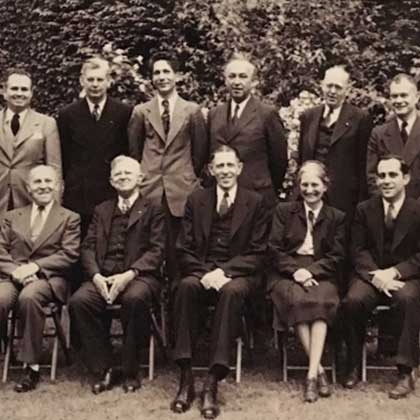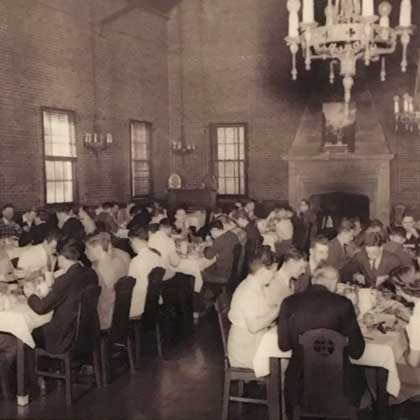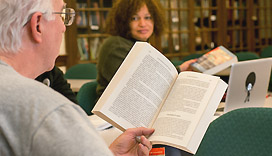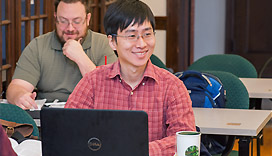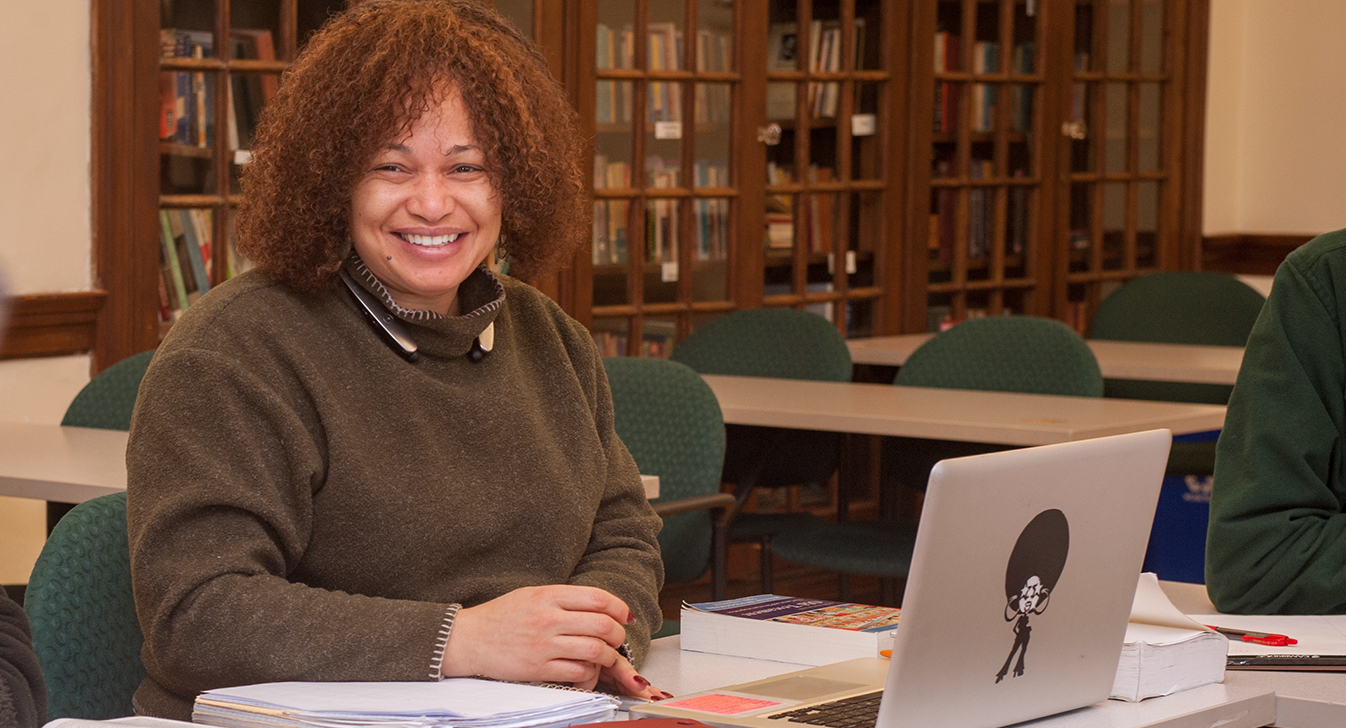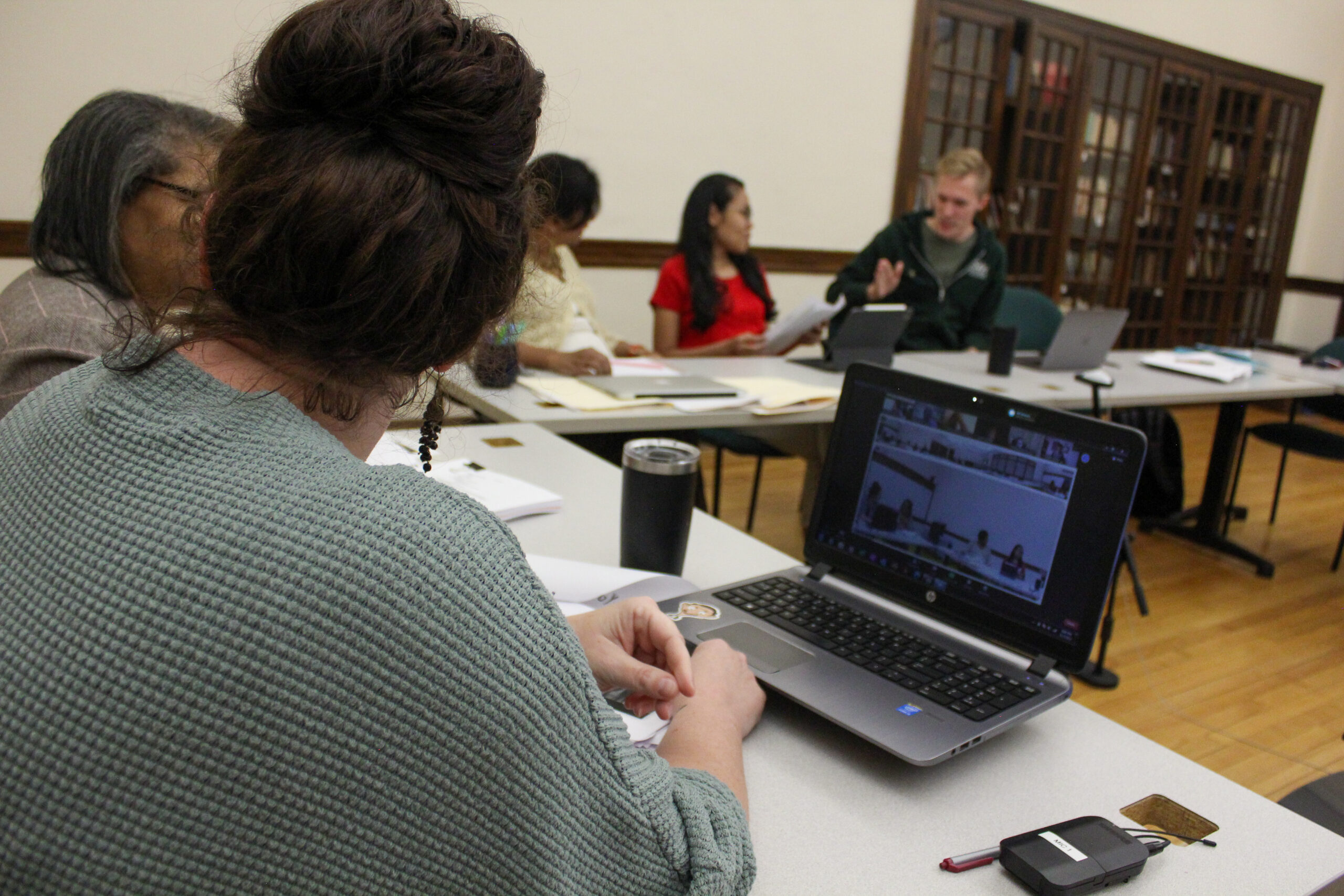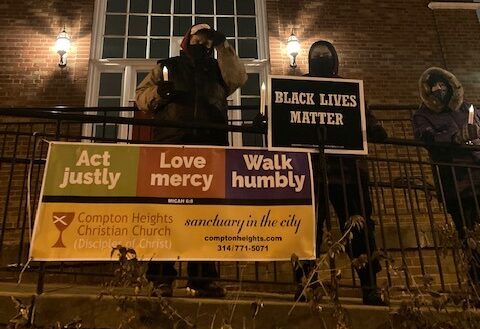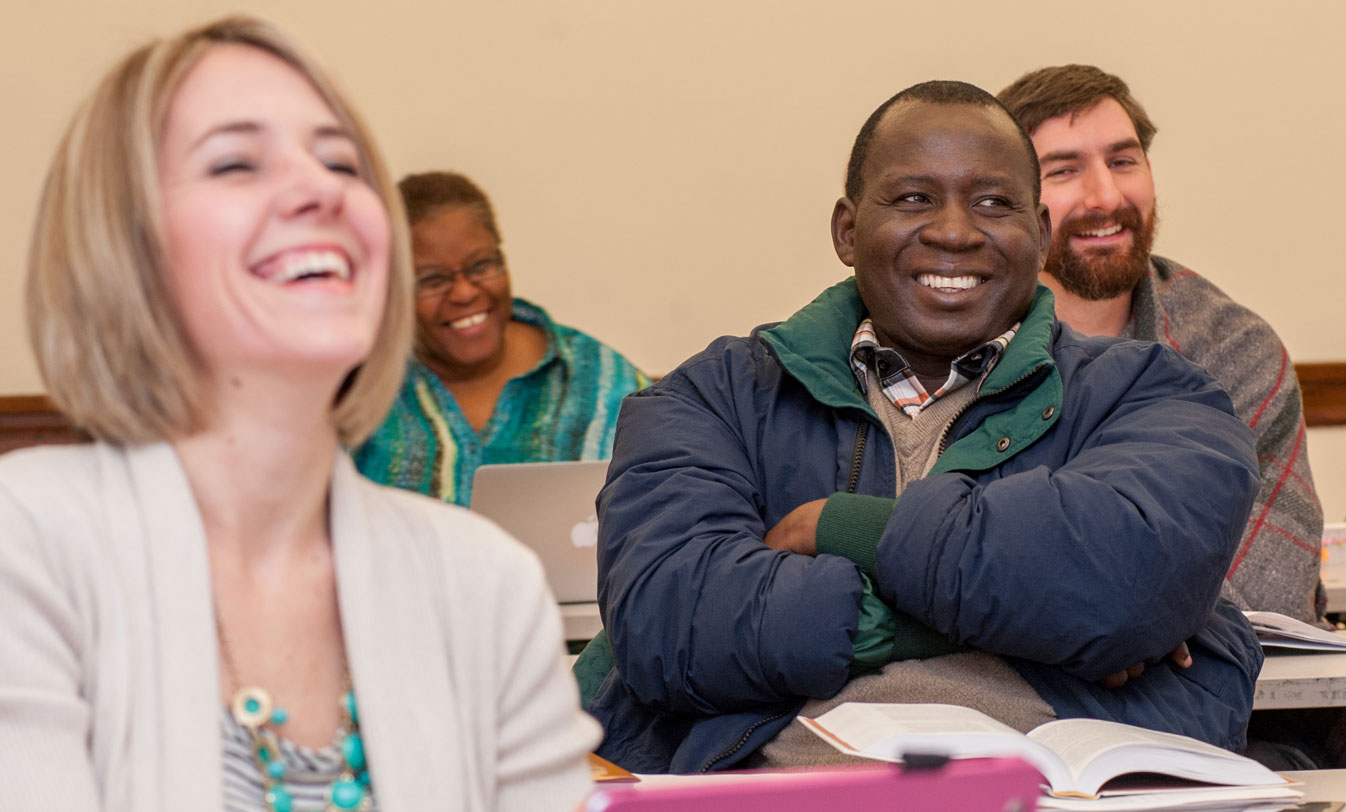Dr. Krause is President and Professor of New Testament. Her teaching and scholarship focus on methods of biblical interpretation and their roots in critical theory, theology, and politics. She teaches courses in the gospels, early Jewish exegesis, the Deutero-Pauline and pastoral epistles, and feminist-womanist, post-colonial, and postmodern biblical interpretation.
The wisdom of this world forms us in an imagination of scarcity. We think we make ourselves, our families, our communities, our nations safe by protecting our resources and holding them close. But of course, these practices drive isolation, inequity, grievance, and violence in our world.
The call of the gospel moves us to take a different path. In the Gospel of Mark, not long after saying “follow me,” Jesus heads into the wilderness without provision and challenges his disciples to share their meagre supplies with a crowd of over 5000 people (Mark 6:30-44). Formed well by the imagination of scarcity, the disciples protest that they do not have enough to share. Jesus persists: “What do you have?” That question inspires a quick inventory of the crowd that when blessed, broken open, and shared feeds thousands. The lesson is clear. Sharing moves us from isolation and fear to joy in community. This is the imagination of the gospel, the way of faith, the power of sharing.
These last years of global health emergency, compounded by the rise in fascism, racism, transphobia, antisemitism and Christian nationalism and their attendant violence might have driven us to retreat into our caves to protect what we imagine is “ours.” But the Spirit has been at work illuminating God’s provision, mobilizing people and communities, forging networks of collaboration, participation, and sharing. With the church, and many other communities, Eden Seminary has been on this journey. As with the disciples, it is changing who we are and how pursue our mission, thanks be to God!
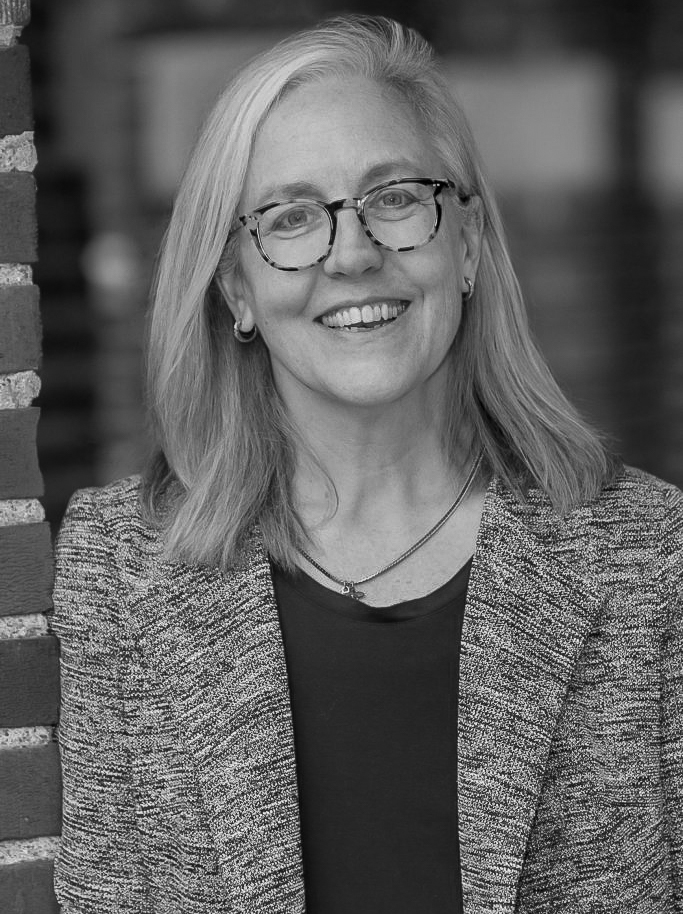
Eden Theological Seminary is called to strengthen the life of the church by educating leaders with theological imagination and faithful resilience to join God’s loving and liberating work in the world.
Eden offers a variety of accredited degree and non-degree programs suited to your calling. Student success is our top priority—we’re focused on providing diverse perspectives, hands-on experience, and leadership skills. We’re here to support and encourage our students’ passions towards creating a stronger common good for the future.
The Frontier Churches
Eden Theological Seminary was established in the summer of 1850 in Marthasville, Missouri, to fit the needs of frontier churches. These Evangelical congregations required better-educated pastors, who were less focused on European traditions and more suited to North American religious life.
An ecumenical spirit lies at the heart of Eden, the seeds of which were planted from the very start. A Methodist and Mennonite joined six Evangelicals to form the very first graduating class of Eden. The hard work of that first class laid the foundation for Eden to branch out west of St. Louis, serving more frontier congregations and in turn recruiting new students who discovered their own calling.
To St. Louis, the United Church of Christ, and Forward
Since then, Eden has actively pursued the progressive Christian movement. To fit the growing urbanization of the country, Eden moved to the outskirts of St. Louis in 1883. The Seminary’s first African American student enrolled in 1933, and the next year Eden merged with Central Theological Seminary and Oakwood Institute of Cincinnati, Ohio. Eden Seminary was the only Seminary at this time affiliated with the Evangelical Synod. In 1934, Eden also became part of the Evangelical And Reformed Church through the merger of the Evangelical Synod of North America, which it served, and the Reformed Church in the United States. Eventually this partnership and a continued focus on ecumenical discussion, conversations which included Eden President Samuel D. Press, lead to the formation of the United Church of Christ in 1957. In 1965, Cardinal Joseph Ritter of the St. Louis Archdiocese was the first Roman Catholic Cardinal to address a Protestant Seminary graduating class.
Now and throughout its history, Eden affirms that Christian faith and critical scholarship are compatible and dedicated discipleship is neither alien nor hostile to the truth of love. Faith is nurtured and openly affirmed at Eden, and we feel these discussions will serve us well into spreading the greater good into the twenty-first century and beyond.
